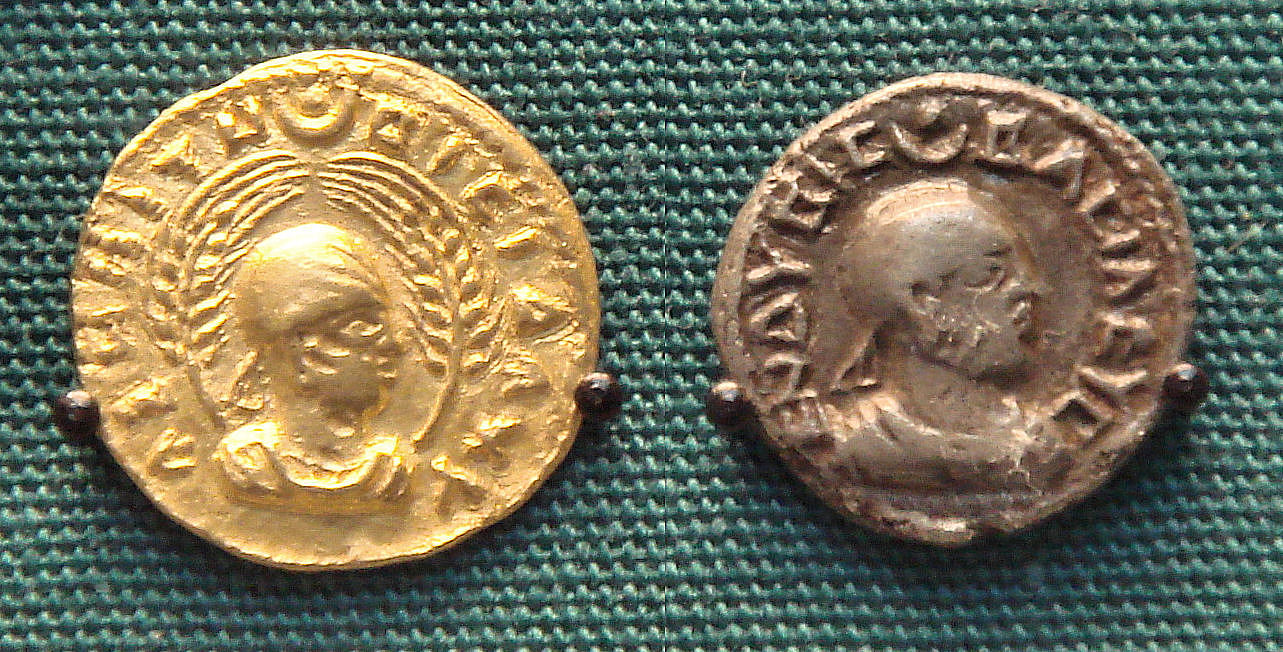Ethiopia
 Ethiopia, ||||}}}} officially the Federal Democratic Republic of Ethiopia, is a landlocked country located in the Horn of Africa region of East Africa. It shares borders with Eritrea to the north, Djibouti to the northeast, Somalia to the Northeast, East and Southeast, Kenya to the South, South Sudan to the West, and Sudan to the Northwest. Ethiopia covers a land area of 1,112,000 square kilometres (472,000 sq. miles). , it is home to around 128 million inhabitants, making it the 13th-most populous country in the world, the 2nd-most populous in Africa after Nigeria, and the most populated landlocked country on Earth. The national capital and largest city, Addis Ababa, lies several kilometres west of the East African Rift that splits the country into the African and Somali tectonic plates.
Ethiopia, ||||}}}} officially the Federal Democratic Republic of Ethiopia, is a landlocked country located in the Horn of Africa region of East Africa. It shares borders with Eritrea to the north, Djibouti to the northeast, Somalia to the Northeast, East and Southeast, Kenya to the South, South Sudan to the West, and Sudan to the Northwest. Ethiopia covers a land area of 1,112,000 square kilometres (472,000 sq. miles). , it is home to around 128 million inhabitants, making it the 13th-most populous country in the world, the 2nd-most populous in Africa after Nigeria, and the most populated landlocked country on Earth. The national capital and largest city, Addis Ababa, lies several kilometres west of the East African Rift that splits the country into the African and Somali tectonic plates.Anatomically modern humans emerged from modern-day Ethiopia and set out for the Near East and elsewhere in the Middle Paleolithic period. Southwestern Ethiopia has been proposed as a possible homeland of the Afroasiatic language family. In 980 BC, the Kingdom of D'mt extended its realm over Eritrea and the northern region of Ethiopia, while the Kingdom of Aksum maintained a unified civilization in the region for 900 years. Christianity was embraced by the kingdom in 330, and Islam arrived by the first Hijra in 615. After the collapse of Aksum in 960, the Zagwe dynasty ruled the north-central parts of Ethiopia until being overthrown by Yekuno Amlak in 1270, inaugurating the Ethiopian Empire and the Solomonic dynasty, claimed descent from the biblical Solomon and Queen of Sheba under their son Menelik I. By the 14th century, the empire had grown in prestige through territorial expansion and fighting against adjacent territories; most notably, the Ethiopian–Adal War (1529–1543) contributed to fragmentation of the empire, which ultimately fell under a decentralization known as ''Zemene Mesafint'' in the mid-18th century. Emperor Tewodros II ended ''Zemene Mesafint'' at the beginning of his reign in 1855, marking the reunification and modernization of Ethiopia.
From 1878 onwards, Emperor Menelik II launched a series of conquests known as Menelik's Expansions, which resulted in the formation of Ethiopia's current border. Externally, during the late 19th century, Ethiopia defended itself against foreign invasions, including from Egypt and Italy; as a result, Ethiopia preserved its sovereignty during the Scramble for Africa. In 1936, Ethiopia was occupied by Fascist Italy and annexed with Italian-possessed Eritrea and Somaliland, later forming Italian East Africa. In 1941, during World War II, it was occupied by the British Army, and its full sovereignty was restored in 1944 after a period of military administration. The Derg, a Soviet-backed military junta, took power in 1974 after deposing Emperor Haile Selassie and the Solomonic dynasty, and ruled the country for nearly 17 years amidst the Ethiopian Civil War. Following the dissolution of the Derg in 1991, the Ethiopian People's Revolutionary Democratic Front (EPRDF) dominated the country with a new constitution and ethnic-based federalism. Since then, Ethiopia has suffered from prolonged and unsolved inter-ethnic clashes and political instability marked by democratic backsliding. From 2018, regional and ethnically based factions carried out armed attacks in multiple ongoing wars throughout Ethiopia.
Ethiopia is a multi-ethnic state with over 80 different ethnic groups. Christianity is the most widely professed faith in the country, with significant minorities of the adherents of Islam and a small percentage to traditional faiths. This sovereign state is a founding member of the UN, the Group of 24, the Non-Aligned Movement, the Group of 77, and the Organisation of African Unity. Addis Ababa is the headquarters of the African Union, the Pan African Chamber of Commerce and Industry, the United Nations Economic Commission for Africa, the African Standby Force and many of the global non-governmental organizations focused on Africa. Ethiopia became a full member of BRICS in 2024. Ethiopia is one of the least developed countries but is sometimes considered an emerging power, having the fastest economic growth in Sub-Saharan African countries because of foreign direct investment in expansion of agricultural and manufacturing industries; agriculture is the country's largest economic sector, accounting for 36% of the gross domestic product as of 2020. Provided by Wikipedia